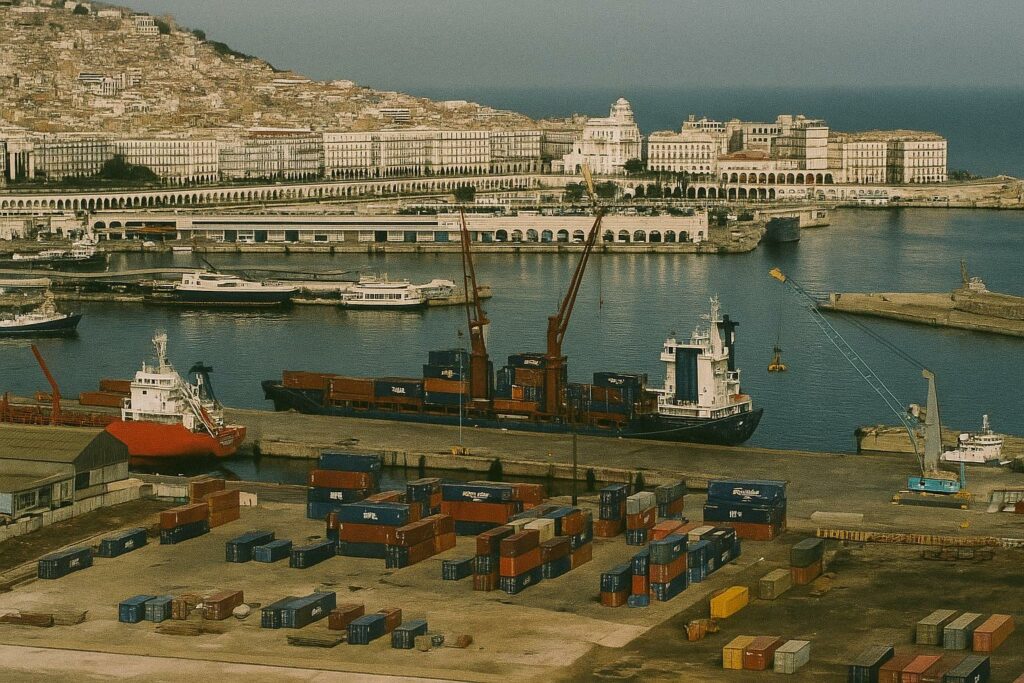A New Chapter of Financial Isolation
Algeria has entered increasingly turbulent economic waters as the implications of its inclusion on the European Union’s list of high-risk countries unfold. The EU’s blacklisting, effective as of June 10, 2025, spotlights Algeria’s systemic vulnerabilities, echoed by the Financial Action Task Force’s (FATF) earlier greylisting in 2024. This classification compels European financial institutions to adopt stringent due diligence on Algerian transactions, inevitably raising barriers in trade, elevating operational costs, and causing significant interruptions in cross-border financial activities.
The Enduring Strain on Algeria’s Financial System
The EU’s decision serves to exacerbate Algeria’s financial seclusion, straining access to international capital markets and deterring foreign direct investment—a necessity for any sustainable economic recovery. Algeria’s monetary system, already weakened, is now on the brink of systemic exclusion from the global financial framework, increasing its reputational risk significantly. Concurrently, foreign currency scarcity exacerbates dependence on a burgeoning informal market, underscoring a dichotomy in the nation’s official versus parallel exchange rate dynamics.
According to the 2025 Allianz Country Risk Report, Algeria’s dual exchange rate system presents formidable challenges. While the official rate stands at approximately 140 dinars per U.S. dollar, the black market rate ranges widely, from 230 to 250 dinars per dollar. Such discrepancies in exchange foster trade distortions, encourage capital flight, and undermine central bank integrity.
Banking System: Between Stagnation and Opportunity
Algeria’s banking sector, characteristically one of the least advanced within North Africa, is notably entrenched in state ownership, with over 85% of assets under government control. Furthermore, less than 20% of Algerians engage with formal financial services, as highlighted by recent World Bank estimates. This sectoral stagnation is compounded by a dearth of digital infrastructures and inadequate transparency, severely limiting international fiscal connectivity and adaptability amidst enhanced scrutiny by European counterparts.
Economists suggest that Algeria’s economic conundrum is self-directed, a consequence of deliberate policy choices aimed at retaining economic control. This strategy, manifest in the government’s reluctance to liberalize exchange rates or modernize banking frameworks, is unsustainable in the face of global market integration evidenced by regional contemporaries such as Morocco and Egypt. Without actionable reforms, Algeria risks cementing its status as a financial outlier, ostensibly isolated.

